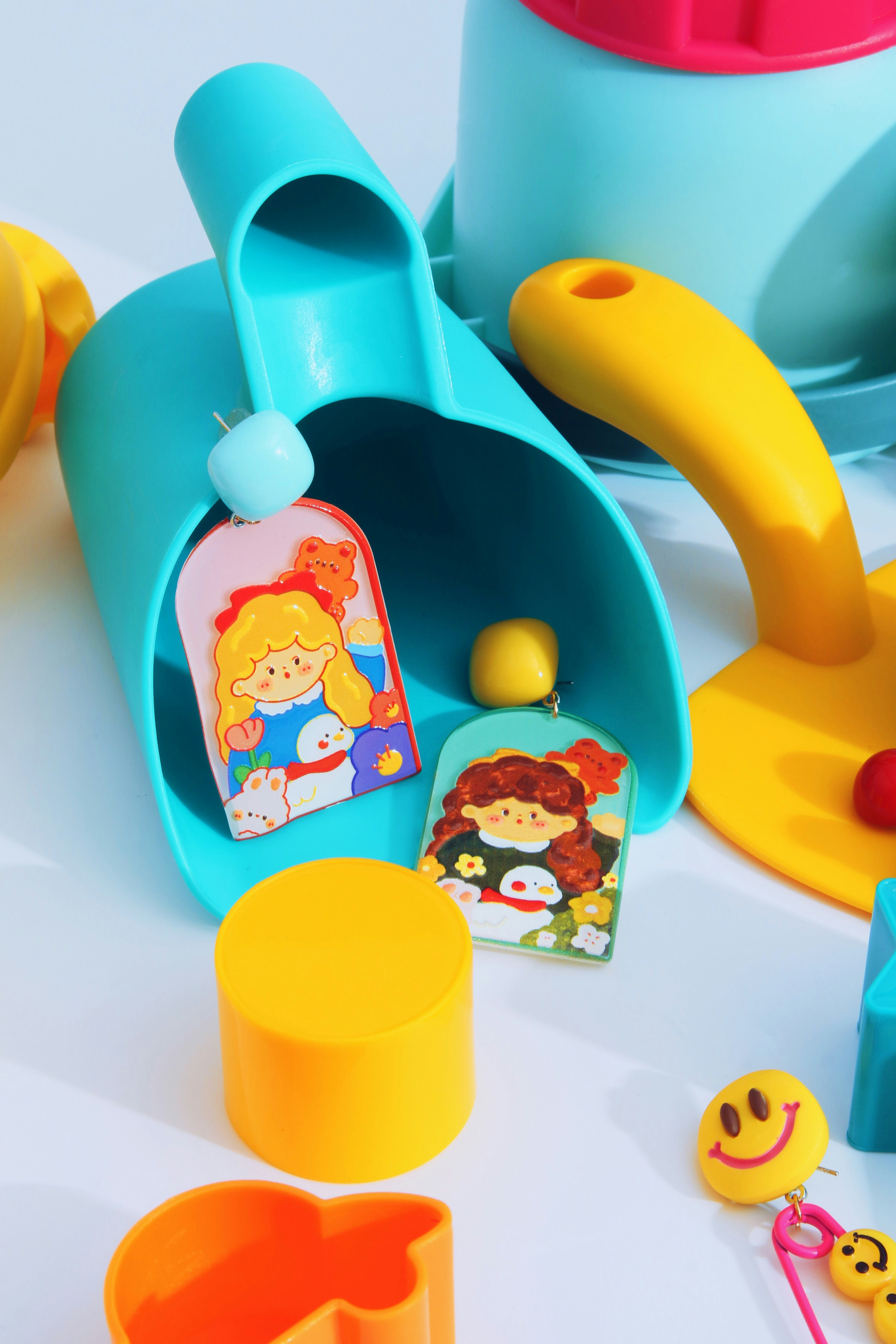
Introduction
Welcome to the ultimate guide to Montessori toys for all ages! Whether you are a parent, teacher, or caregiver, this guide will provide you with valuable information on the benefits of Montessori toys and how to choose the right ones for each age group. Montessori toys are not just ordinary toys; they are carefully designed to foster independence, creativity, and cognitive development in children. So, let’s dive in and discover the wonderful world of Montessori toys!
What are Montessori Toys?
These toys are educational toys that draw inspiration from Dr. Maria Montessori’s method of teaching. Montessori toys are designed to promote hands-on learning, independence, and exploration. Unlike traditional toys, these toys focus on open-ended play and allow children to engage in activities that stimulate their senses, problem-solving skills, and creativity.
The Benefits of Montessori Toys
Montessori toys offer a wide range of benefits for children of all ages. Here are some of the key advantages:
1. Development of Independence
Montessori toys encourage children to explore and learn at their own pace, fostering a sense of independence. These toys are designed to be self-correcting, allowing children to identify and correct their mistakes on their own. By engaging in independent play, children develop problem-solving skills and gain confidence in their abilities.
2. Sensorial Development
Montessori toys focus on stimulating the senses, allowing children to explore different textures, colors, shapes, and sounds. By engaging in sensory play, children develop their fine motor skills, hand-eye coordination, and spatial awareness.
3. Cognitive Development
Montessori toys promote cognitive development by encouraging children to think critically and solve problems. These toys often have multiple uses and can be combined in various ways, stimulating children’s creativity and imagination. By engaging in open-ended play, children develop their logical thinking and decision-making skills.
4. Emotional and Social Development
Montessori toys provide opportunities for children to engage in cooperative play, fostering their social skills and emotional development. These toys encourage sharing, turn-taking, and collaboration, helping children develop empathy, patience, and respect for others.
Choosing Montessori Toys for Different Age Groups
Now that we understand the benefits of Montessori toys, let’s explore how to choose the right toys for different age groups:
1. Infants and Toddlers (0-3 years)
For infants and toddlers, choose Montessori toys that focus on sensory exploration and fine motor skills. Examples include rattles, soft blocks, nesting toys, and sensory balls. These toys should be safe, durable, and free from small parts that could pose a choking hazard.
2. Preschoolers (3-6 years)
Preschoolers benefit from Montessori toys that promote imaginative play, problem-solving, and language development. Examples include wooden puzzles, building blocks, sorting and stacking toys, and pretend play sets. These toys encourage creativity, logical thinking, and communication skills.
3. Elementary School Age (6+ years)
For children in elementary school, Montessori toys that focus on STEM (Science, Technology, Engineering, and Mathematics) skills are ideal. Examples include building sets, science kits, coding games, and math manipulatives. These toys promote critical thinking, problem-solving, and analytical skills.
Conclusion
Montessori toys offer numerous benefits for children of all ages, fostering independence, creativity, and cognitive development. By choosing the right Montessori toys for each age group, you can provide children with engaging and educational play experiences. Remember, the key is to focus on open-ended play, sensory exploration, and problem-solving. So, go ahead and start building a collection of Montessori toys that will inspire and empower the children in your life!






